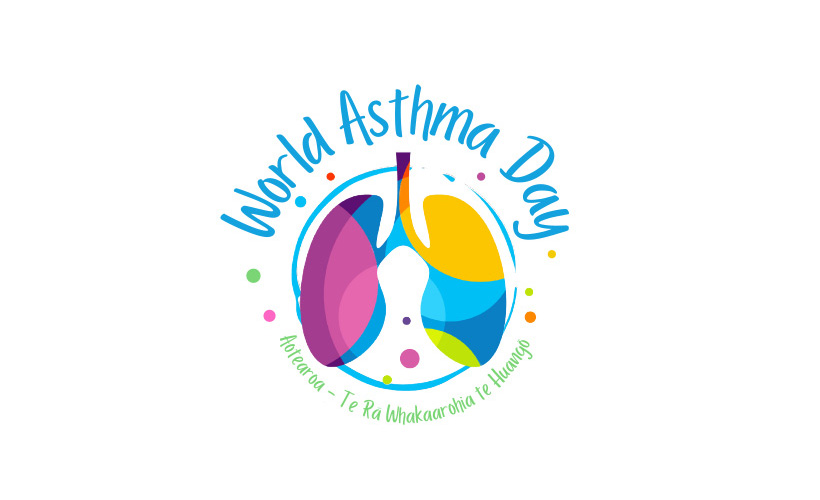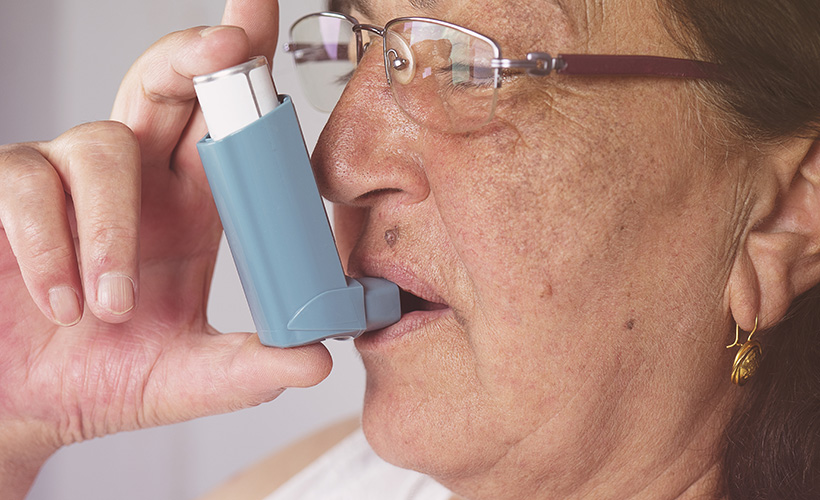More than one in every ten people in NZ have asthma and many do not take their asthma seriously enough. New Zealand has one of the highest rates of asthma in the world along with Australia and Britain. Otago university professor Jim Reid said that 70 people died from asthma last year and most of those could have been prevented.
There are disturbing reports that some people are not phoning an ambulance for a serious asthma attack or not collecting the important ‘preventer’ inhalers due to lack of money or lack of understanding.
If you or someone you love has asthma make sure you understand this disease as it can be fatal.
Different sorts of inhalers
- Reliever inhalers are usually blue and people use them when they feel wheezy. Because they notice the effect straight away, some people incorrectly think that this is the best inhaler and the one that ‘works’ for them.
- Preventer inhalers are usually brown or orange. These are the ones that reduce how often you get asthma and how bad it is. They reduce the inflammatory response in your lungs that leads to asthma attacks. By using your preventer inhaler regularly you reduce the chance of a life threatening asthma attack. If you or anyone you love has asthma please make sure they have and are using their preventer inhaler – it could save their life.
- There are a number of combination inhalers that open the airways as well as containing the preventer medicine that reduces further asthma attacks.
- Preventer, reliever or combination inhalers can come as aerosol inhalers that you push down on to get a puff or as breath activated devices that you need to suck.
- The aerosol ones are best used with a spacer as most people (including me) can’t get a proper dose from these inhalers.
- There are several different sorts of breath activated devices that need to be twisted or opened till they click to load a dose and then you suck to get the dose. Most people can use these more easily than the aerosol inhalers.
- When you are really wheezy sometimes it is difficult to get a good dose from the breath activated inhaler, so some people have both inhalers. It is good to talk to your doctor or special asthma nurse about which sort is best for you.
How well controlled is your asthma?
If your asthma is well controlled you will be using your reliever (blue) inhaler less than 3 times per week. If you use it more than that you need to talk to you doctor or nurse about increasing your preventer inhaler or maybe changing to a new inhaler.
Do you have an asthma plan? Do your whanau with asthma have asthma plans?
Everyone with asthma should have an asthma plan: this is a plan of what to do if your asthma starts to get worse. Talk to your doctor or asthma nurse about getting an asthma plan that’s right for you. It is a progressive plan depending on how bad your asthma is today. It could involve increasing your dose of preventer inhaler, phoning the doctor, taking some prednisone or even calling an ambulance – depending on how unwell you are.
New treatments available
If you have had asthma for a number of years and always been on the same inhalers; it could be time to talk to your doctor or nurse. There are a number of new inhalers in New Zealand in the last few years, including some that combine a reliever and a preventer. If you are serious about taking control of your asthma your doctor might choose to prescribe one of the newer inhalers for you depending on your symptoms.
Where to get help
Your pharmacist or doctor can talk to you about your asthma medicines. The New Zealand Asthma Foundation has support and information for patients with asthma and their whanau. They have a page on their website about ‘living with asthma’. They also have a quiz to check how well controlled your asthma is.

















Community